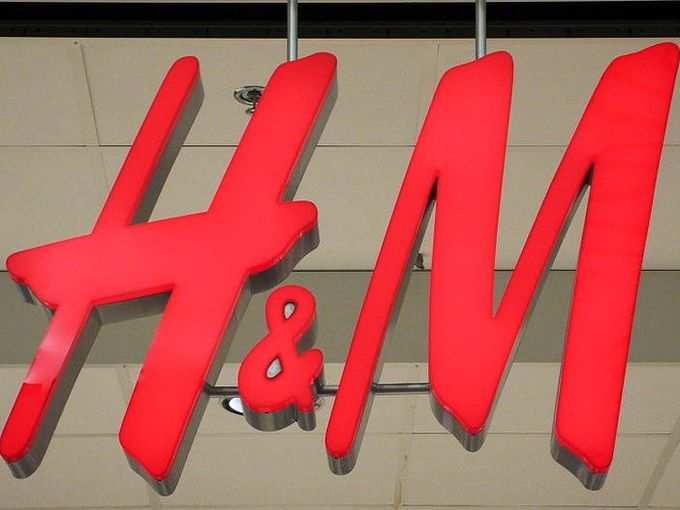
Debates – both politically motivated and economy-focused – might be raging in India regarding
foreign direct investment (
FDI) in the retail segment, but the
Indian government is constantly paving the path for global majors to enter the
Indian market. In its latest bid to attract foreign investment, the Foreign Investment Promotion Board (
FIPB) has given its nod to
Swedish retailer Hennes & Mauritz (
H&M) who plans to open 50 stores across the country and
invest around Rs 700 crore under the single-brand retail format.
The FIPB approval will allow the world’s second biggest fashion retailer to set up a wholly owned subsidiary in the country, according to a government statement. Last year, the Indian government opened up the retail sector to foreign investors, allowing up to 51%
FDI in multi-brand retail and 100% for single-brand retail. The government eased the rules further in August this year to woo
global chains such as
Wal-Mart and
Carrefour although the FIPB, nodal body for monitoring
foreign investments, had kept a stringent watch over some key deals. The FIPB can vet proposals up to Rs 1,200 crore and anything above that amount has to be referred to the
Cabinet Committee on Economic Affairs (CCEA).
Interestingly, there is another Swedish retailer that has been quite active in the Indian market. The budget furniture chain
IKEA was one of the first companies to receive an FIPB approval for its investment plans in May this year. IKEA is now planning to enter the country with an investment of around Rs 10,500 crore. But the company is yet to announce the location for its first store.
It is not difficult to understand why retail giants from all over the globe are targeting the Indian market. H&M has strong interest in
Asia as the company posted rising profits in the September quarter due to its steady growth in this region. It recorded a third quarter net profit of $690 million, up 22% on the same quarter in 2012. Since India is the third-largest
economy in the continent and home to nearly 1.2 billion people, it is evolving as one of the biggest consumer markets that no
global player can possibly ignore.
With the government seemingly doing its best to sweeten things up, global firms in India are looking at expansion as well. In November this year, UK retail giant
Marks and Spencer opened its largest Indian store in Mumbai, a joint venture with
local player Reliance Retail.
M&S also said in a recent announcement that it would be aiming to make India its second largest market by more than doubling its number of stores in the country to 80. That is quite heartening, to say the least. All we require now is a crystal clear, liberal and win-win approach (it should benefit both global and local partners) to pursue the FDI dream even further.
Image: Wikimedia Commons
